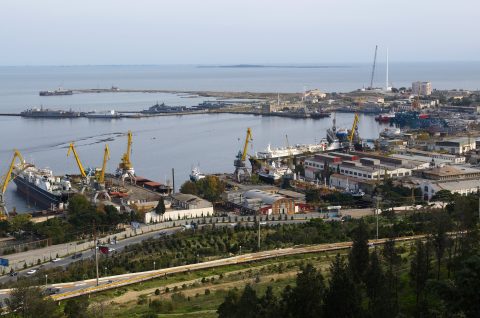‘Stranded containers in Russia could disrupt China-Russia supply chain’

Around 150,000 surplus containers are stranded in Russia due to trade volume imbalances, according to container logistics monitoring platform Container xChange. The imbalance is supposedly caused by the rise of imports from China and the declining export volumes. As a result, empty containers cannot be shipped back to China and are sold at a considerably cheap price in Russia.
The piling of empty containers at Russian railway terminals is becoming a concern in the Russia-China supply chain, Christian Roeloffs, CEO of Container xChange, explained to Railfreight.com. On the one hand, terminals are experiencing congestion due to empty Chinese containers taking over the space for the inbound cargo. On the other hand, Chinese container owners are hesitant to ship the containers back to China since the cost will be higher than what a container is worth.
Sales as a solution
Therefore, the Russian second-hand container market has entered a heated sales period. “You see a 40-foot-high cube container being on sale in Moscow for less than 1,000 US dollars, while in other parts of the world, it is almost double or even more,” says Roeloffs.
The impact becomes even more significant when comparing the Russian container market with the past. Container xChange shows that while a 40-foot second-hand container is currently sold for around 580 US dollars, the price back in February 2022 was as high as about 4,200 US dollars.
According to Container xChange, shipping companies are trying to solve the problem by offering discounts for empty containers shipped back to China, but the question will be raised again over how sustainable this could be. If the situation continues, Chinese products could struggle to find their way to Russia due to container shortages.
Also read:




